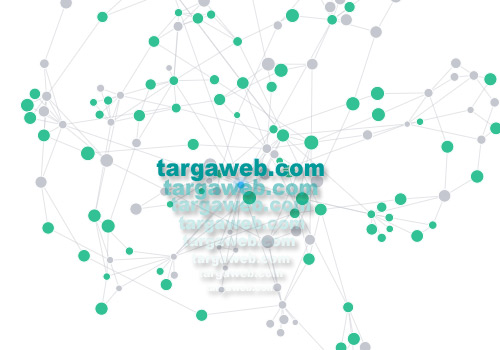Is buying backinks a good idea?
There are many companies and individuals out there who frequently reach out by email and other means to offer things such as backlink
services, which is essentially them wanting to sell you links which will point to your website.
Why do they do this, and should you consider buying backlinks from them?
In theory the more links that point to your website, the more credible your website will appear to Google. After all, why else would someone else take the effort to add a link from their website to yours unless they felt that a visit to your website would be of value to visitors of their own website?
The reality is that websites will acquire backlinks
naturally over time, and that is usually if the content on that website well written and covers subject matter of interest, and is therefore worth linking to.
Backlink acquisition can require plenty of patience!
But because that means a bit of patience is required, speeding the process up has presented business opportunities for some organisations who want to sell you quantities of links to your website. However, Google, Bing and other search engines have become wise to these tactics
to the point where they can penalise websites who acquire backlinks in this way (see links at the end of this article for more details on Google and Bing's websites)
Very often links purchased
in this way are of low quality, but what is quality in terms of a backlink?
Think of it like this...
What is Domain authority?
You might have heard the terms Domain Authority
(DA) and Domain Rating
(DR) used when referring to the strength of a website on a scale of 1 to 100 in terms of the quality of its backlink profile, and how well that website will perform in search engine results.
Strictly speaking there are differences between Domain Authority
(DA) and Domain Rating
(DR) which are explained in detail via the links at the end of this article, but the scope of this piece is about the selling of backlinks to boost domain authority.
Why is this important?
Some websites carry more weight or authority than others. For example bbc.co.uk has higher domain authority
than the website for our local newspaper.

That’s not because our local newspaper, The Spalding Voice is any less trustworthy, but the BBC is a much larger and longer established organisation, carries more major news stories and features than a local newspaper typically does, and is visited by millions of people.

So if your website (or a specific page on your website) has a page which is linked to from a well established reputable website such as bbc.co.uk, Google will consider it a high quality link, and that will suggest that your website may be of some interest to other users.
As a result it may get some improvement in it’s own domain authority.
Not all backlinks are good!
On the flip side, there are websites out there which have very low domain authority scores (often because they’re quite new), but some websites simply cannot be trusted or may even pose a risk of spam or malicious intent. Links to your website from those kinds of website can do more harm than good to your own website’s reputation and domain authority.
The other thing to be aware of is that backlinks to your website are traceable, and the next time that Google or other major search engines crawl the pages on your website, those crawls will detect not only how many backlinks there are, but where those backlinks are from.
I personally receive emailed notifications from trusted sources such as Semrush and AHrefs letting me know if any of the domains that I manage have received any new (or occasionally lost) backlinks.
Sometimes those notifications would state that 3 or 4 new links have been added, and that would be quite normal. But if several hundred new backlinks are suddenly detected, there could be a strong indication to Google that backlinking tactics are going on to artificially raise the domain authority of your website.
Don't artificially try to raise the domain authority of your website
That could be bad, so despite any money and effort you might have spent to obtain backlinks, it could be detrimental to the success of your website in search results.
So if you don’t want the acquisition of backlinks to backfire on you, be careful how you approach the matter, and please don’t fall for the tons of direct emails which try to sell you backlinks. If their offers and promises are as good as they say, I would have certainly gone for it myself, but I haven’t!
So should you trust people who want to sell backlinks?
Be cautious! These emails are common, but very rarely are they sent from an email address for the company they say they're from. Even though they may list domains with high domain authority (or DA) that isn't proof that the sender of the email has anything at all to do with those domains.
So treat them with caution, and understand that it is preferable for your website to gain backlinks on its own accord.
Useful links for further reading
- Google: Link Spam
- Bing: Link Building
- Moz: Domain Authority
- Semrush: Authority Scores
- Demandsage: Domain Rating vs Domain Authority
- AHrefs: Domain Rating
Thoughts, suggestions or comments?
Comments or Feedback?
If you have any comments, thoughts or suggestions about this article, please let us know.
Use the social media buttons below to share this article.

This article was written by Daron Harvey, founder of TargaWeb. Daron is now in his 29th year of professional website design, development, testing and management, including 21 years on the development and management of Hertz multilingual global e-commerce platform.







